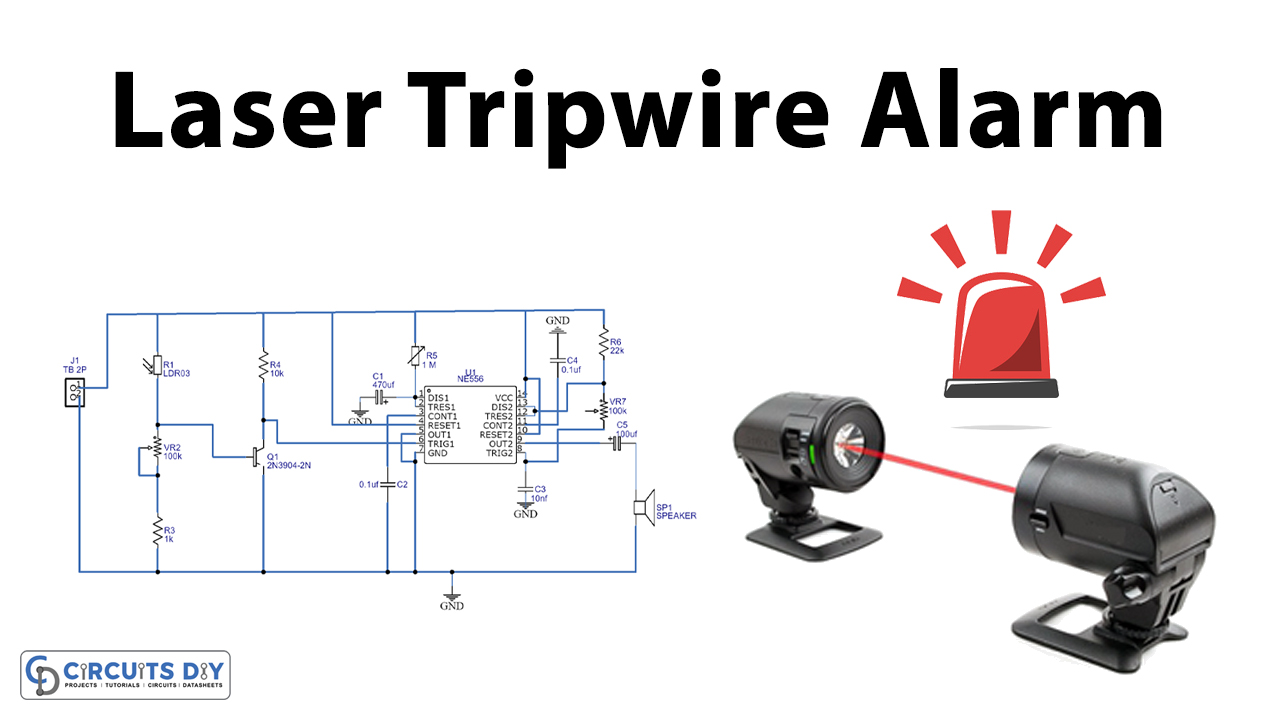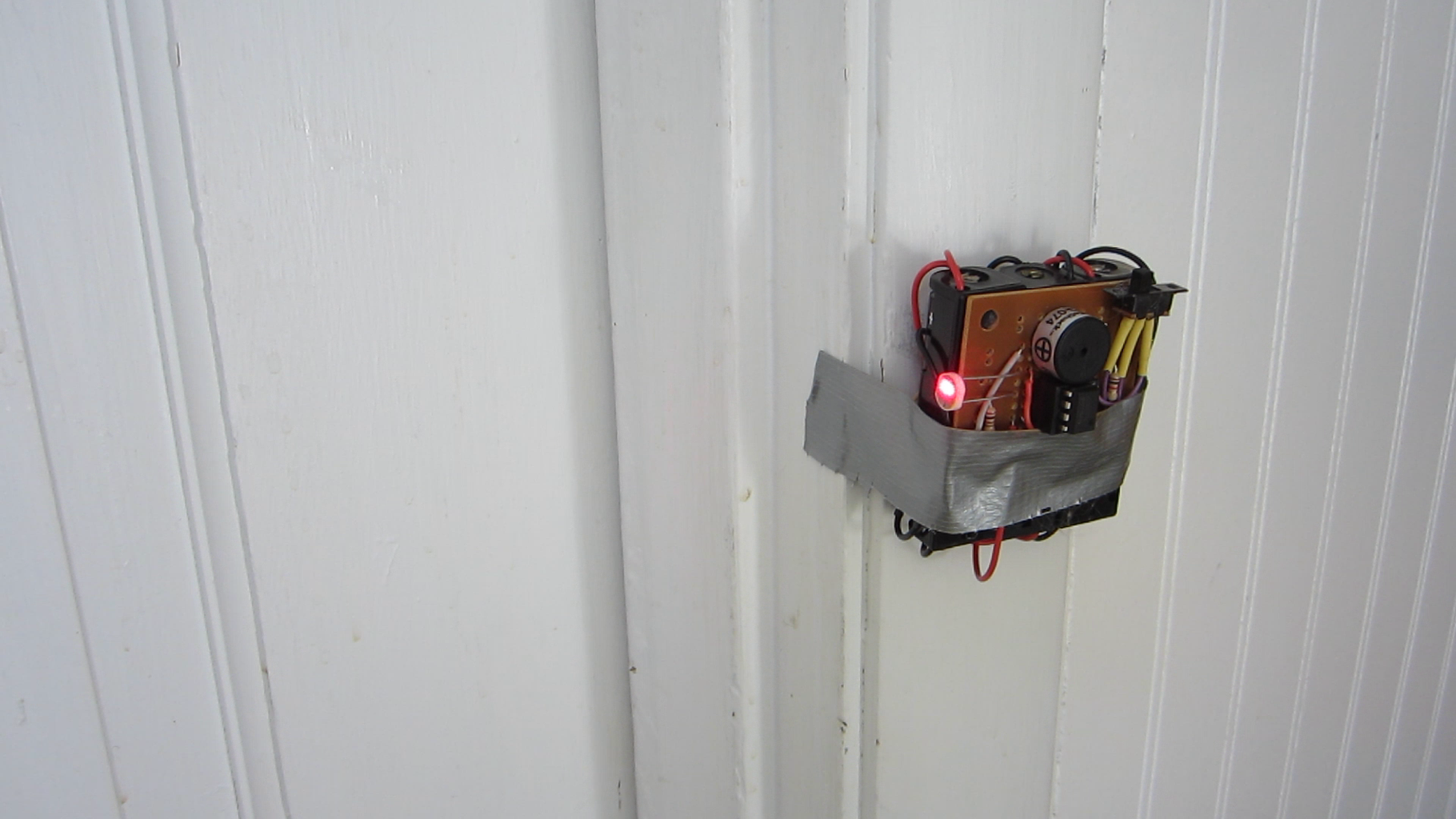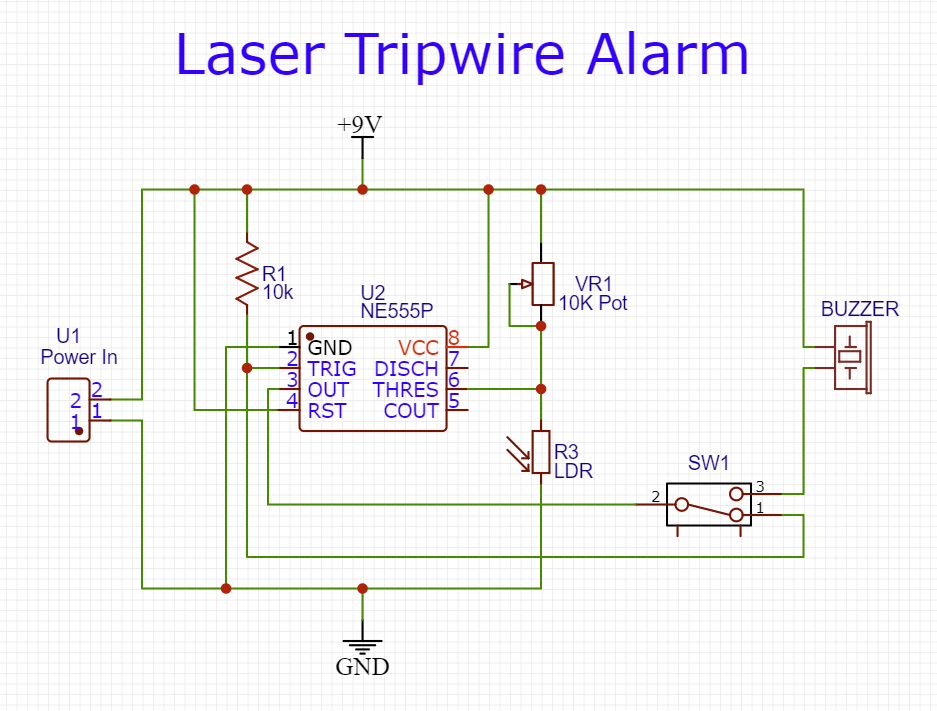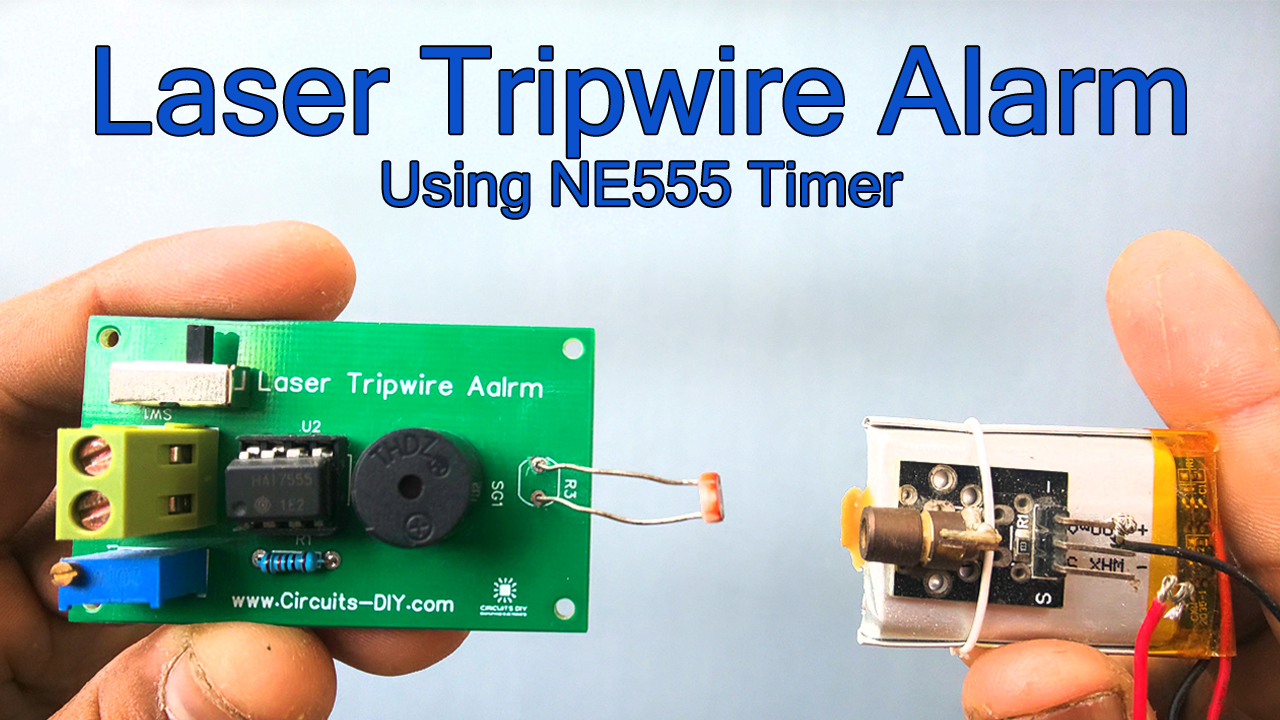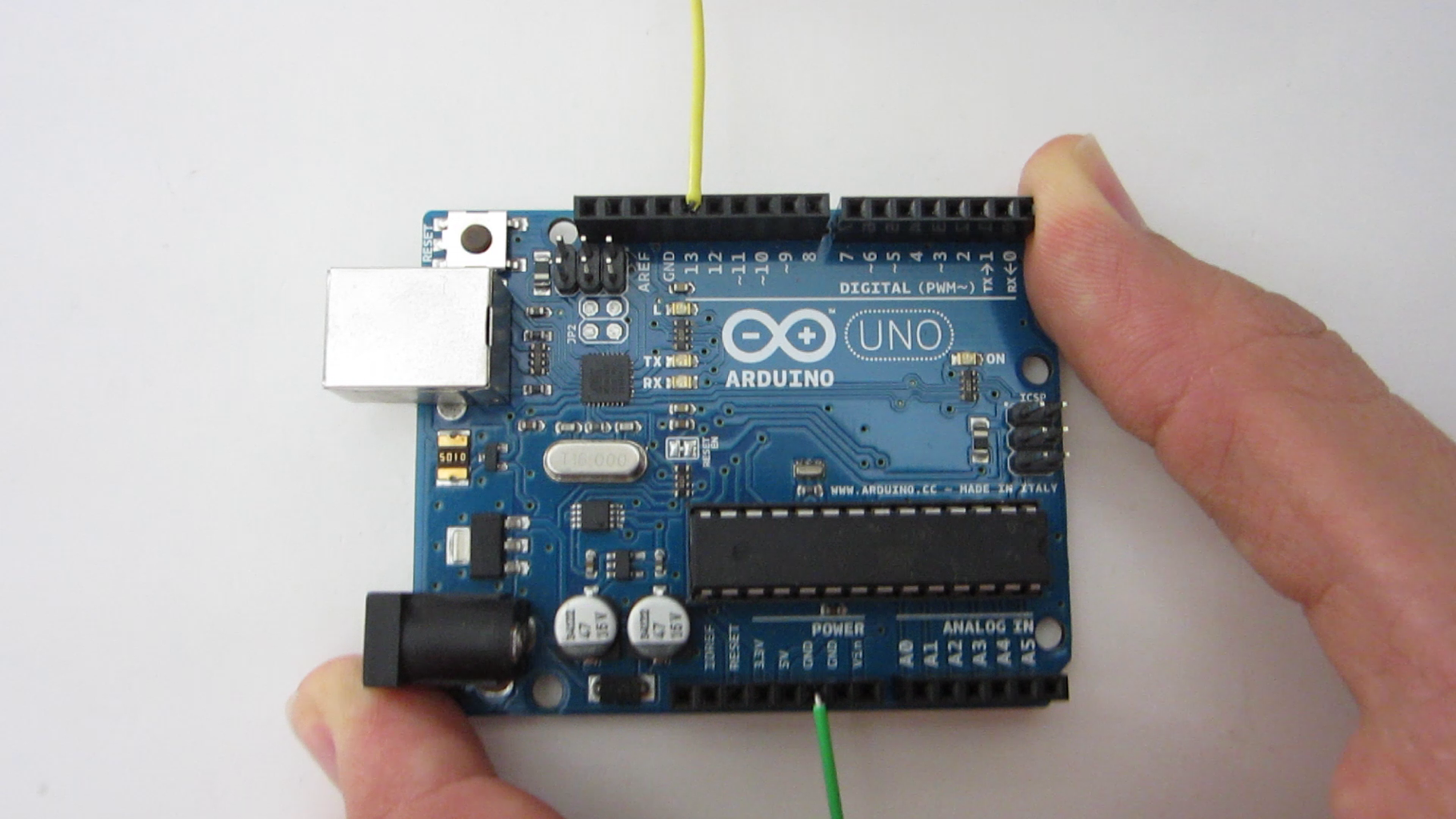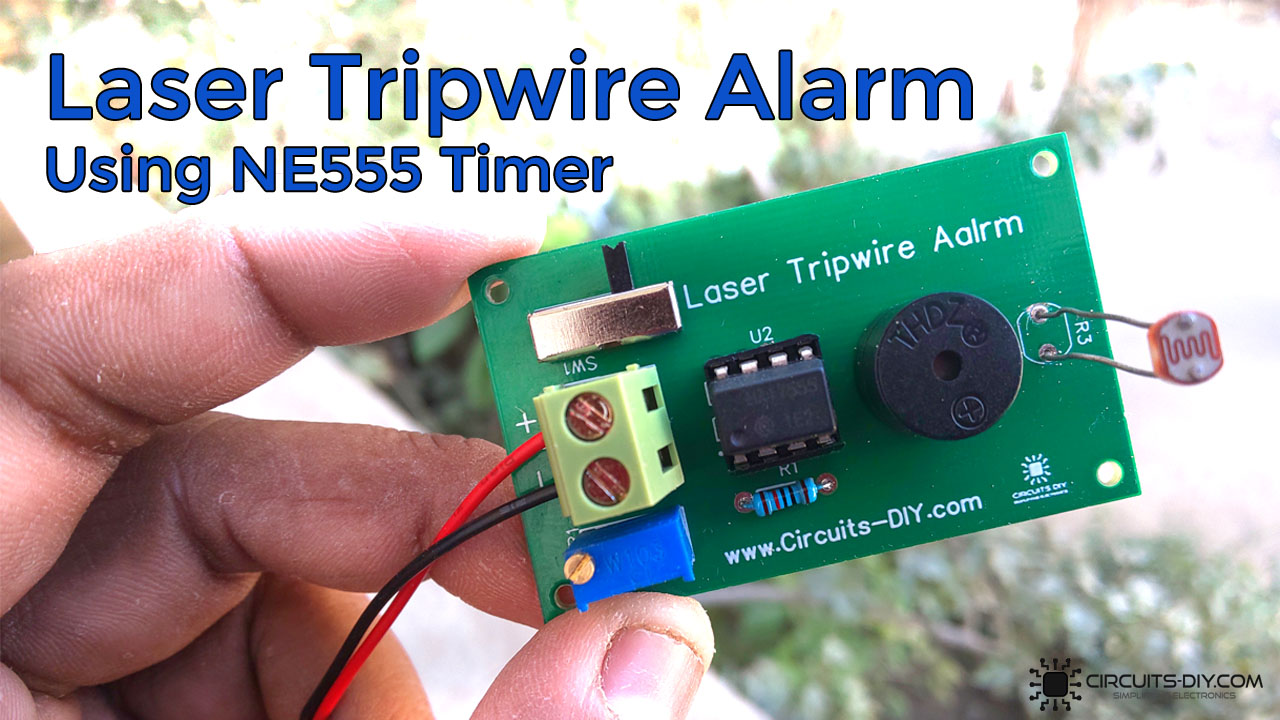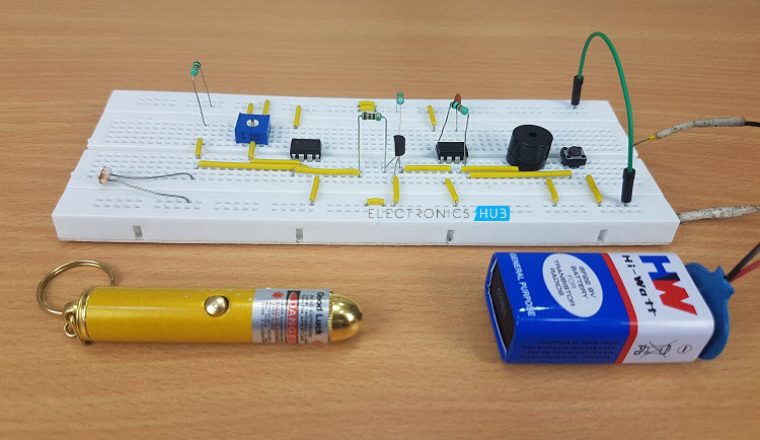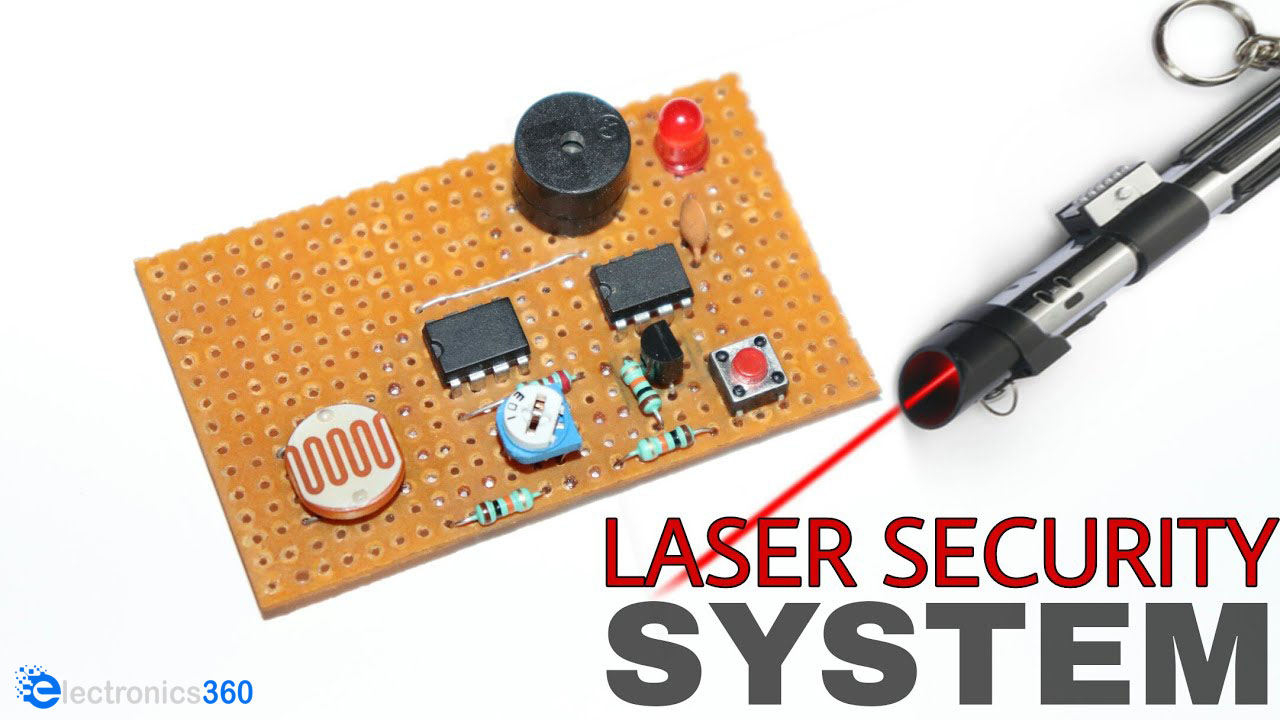Laser Tripwire Alarm Security System
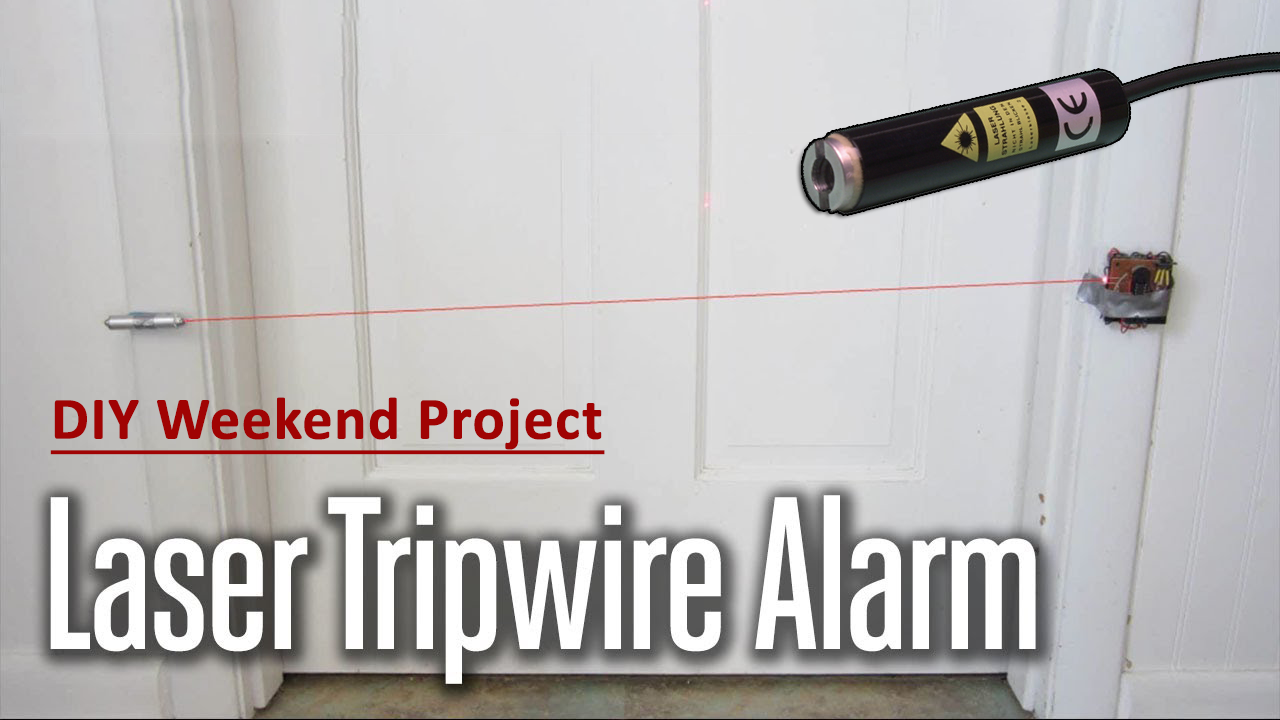
The security landscape is constantly evolving, demanding more sophisticated and adaptable protective measures. Among the latest innovations gaining traction is the laser tripwire alarm system, a technology that blends traditional intrusion detection with modern laser precision.
This technology offers a flexible and often invisible barrier, triggering an alarm upon breach. The system has been deployed in various settings, from securing private residences to protecting valuable assets in commercial and industrial properties.
How Laser Tripwire Systems Work
At its core, a laser tripwire system consists of a laser transmitter and a receiver. The transmitter emits a focused beam of light, typically infrared or visible red, aimed directly at the receiver unit.
When the beam is interrupted – by a person, object, or even changes in air density depending on the system's sensitivity – the receiver detects the break. This interruption triggers an alarm, alerting security personnel or property owners to a potential intrusion.
These systems can be customized for specific needs, varying in range, number of beams, and integration with other security measures. They are often integrated with existing alarm systems, sending alerts to mobile devices or monitoring centers.
Key Features and Benefits
One of the most significant advantages of laser tripwire systems is their covert nature. Many systems use infrared lasers, which are invisible to the naked eye, making it difficult for intruders to detect the barrier.
They also offer greater flexibility compared to traditional physical barriers like fences. Lasers can be easily configured to protect large areas and navigate complex terrains.
Furthermore, these systems provide enhanced sensitivity. They can be fine-tuned to detect even minor disturbances, reducing false alarms while still capturing legitimate intrusion attempts.
Applications Across Sectors
The versatility of laser tripwire systems has led to their adoption in a wide range of sectors. Residential properties are using them to protect perimeters, garages, and vulnerable entry points.
In commercial settings, warehouses, storage facilities, and retail stores rely on these systems to safeguard valuable inventory and sensitive information. Museums and art galleries are also deploying them to protect priceless artifacts.
Industries such as construction and agriculture also use these systems to secure equipment and monitor remote sites.
"The adaptability and reliability of laser tripwires make them an increasingly attractive option for a variety of security challenges," stated John Smith, a security consultant with SecureTech Solutions.
Potential Impact and Future Trends
The increasing affordability and ease of installation are driving the wider adoption of laser tripwire technology. As security needs continue to evolve, these systems are expected to play an increasingly important role in comprehensive security strategies.
Advancements in laser technology, sensor accuracy, and integration capabilities are likely to further enhance their effectiveness. The future may see more sophisticated systems capable of differentiating between potential threats and harmless disturbances through AI-powered analysis.
While concerns about privacy and potential misuse exist, the benefits of enhanced security and reduced risk are driving innovation and adoption. Ultimately, the effective implementation and responsible use of laser tripwire systems will determine their overall impact on society.
The laser tripwire alarm system represents a significant step forward in security technology, offering a powerful tool to protect individuals, businesses, and valuable assets. Its flexibility, sensitivity, and covert nature make it a compelling alternative to traditional security measures.




